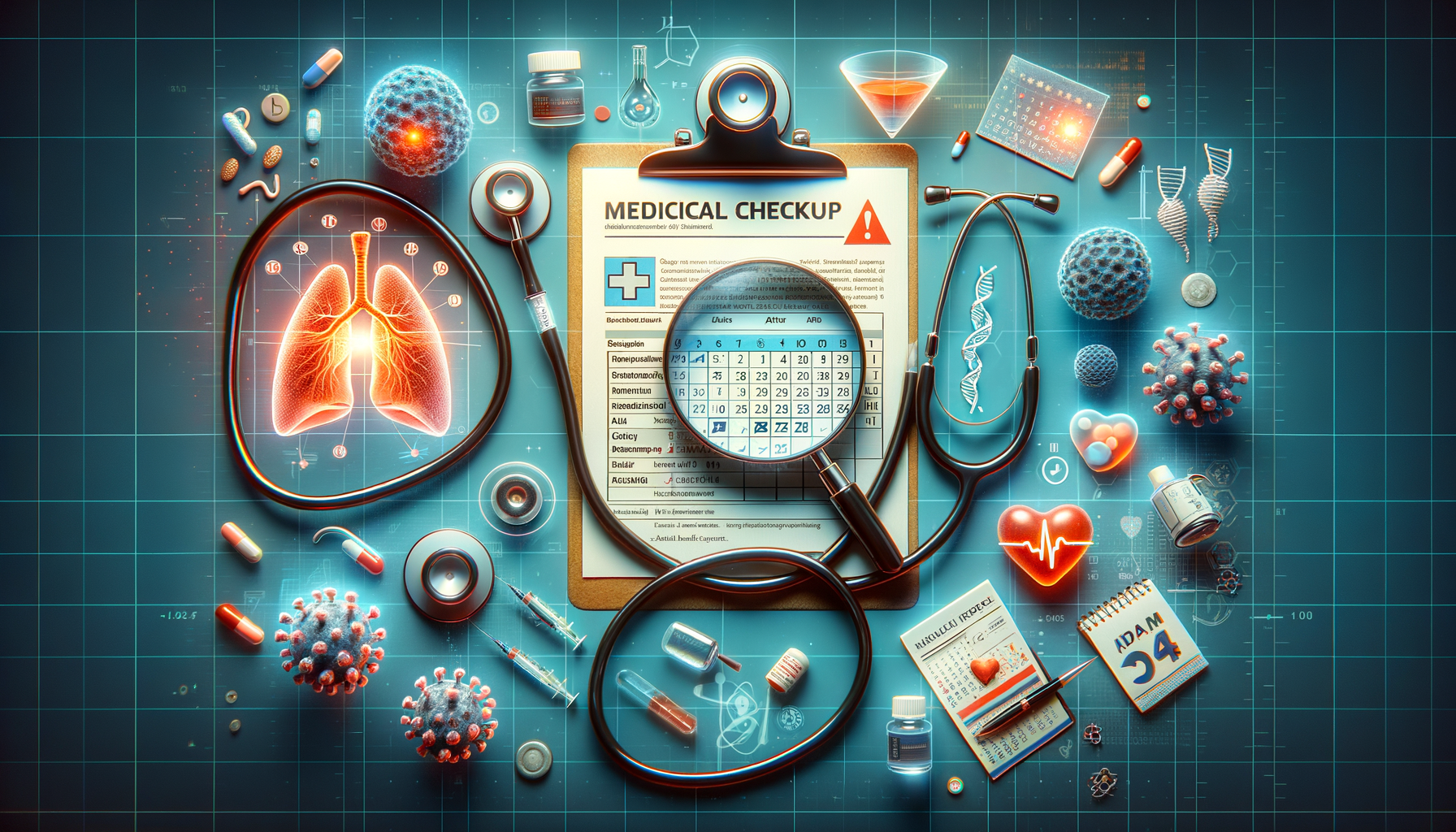What is Congenital Adrenal Hyperplasia (CAH)?
Congenital Adrenal Hyperplasia (CAH) is a group of genetic disorders affecting the adrenal glands. These glands, located atop the kidneys, are responsible for producing vital hormones such as cortisol, aldosterone, and androgens. In individuals with CAH, an enzyme deficiency disrupts the production of these hormones, leading to an overproduction of androgens, or male sex hormones. This hormonal imbalance can result in a variety of physical and health-related issues. CAH is typically inherited in an autosomal recessive pattern, meaning that both parents must carry a mutated gene for their child to be affected. The severity of CAH can vary, with some individuals experiencing mild symptoms while others face significant health challenges. Understanding the genetic underpinnings and physiological impacts of CAH is crucial for effective management and treatment.
Symptoms and Diagnosis of CAH
Symptoms of CAH can vary widely depending on the severity of the enzyme deficiency. In classic CAH, which is more severe, symptoms may manifest shortly after birth or in early childhood. These can include ambiguous genitalia in females, early signs of puberty, rapid growth during childhood but shorter stature in adulthood, and severe acne. Non-classic CAH, a milder form, might not be apparent until later in life, often during adolescence or adulthood, with symptoms such as irregular menstrual periods, excessive facial or body hair, and infertility issues. Diagnosis of CAH typically involves a series of blood tests to measure hormone levels, genetic testing to identify mutations in the gene responsible for enzyme production, and sometimes imaging studies to assess adrenal gland size and structure. Early and accurate diagnosis is essential to managing CAH effectively and minimizing potential complications.
Treatment Options for CAH
Treating CAH involves managing hormone levels to prevent symptoms and complications. This often requires lifelong medication to replace deficient hormones and suppress excess androgen production. Glucocorticoids, such as hydrocortisone, prednisone, or dexamethasone, are commonly prescribed to replace cortisol. Mineralocorticoids, like fludrocortisone, may be needed to replace aldosterone in some cases. Additionally, salt supplements might be necessary, especially in infants, to maintain proper electrolyte balance. Regular monitoring by healthcare professionals is crucial to adjust medication dosages as needed and to address any side effects or emerging symptoms. In some cases, surgery may be considered to correct physical abnormalities, such as ambiguous genitalia. A multidisciplinary approach, involving endocrinologists, geneticists, and other specialists, can provide comprehensive care tailored to individual needs.
The Importance of Regular Medical Checkups
Regular medical checkups play a vital role in the management of CAH. These checkups allow healthcare providers to monitor hormone levels, adjust medications, and evaluate overall health. For children, frequent checkups are crucial to track growth and development, ensuring that they are meeting milestones and receiving appropriate treatment. For adults, regular visits help manage symptoms and prevent complications such as osteoporosis, cardiovascular issues, and infertility. Checkups also provide an opportunity for patients and families to discuss concerns, receive education about the condition, and access support resources. By maintaining a consistent schedule of medical appointments, individuals with CAH can achieve better health outcomes and improve their quality of life.
Living with CAH: Support and Lifestyle Considerations
Living with CAH involves more than just medical treatment; it also requires lifestyle adjustments and support. Individuals with CAH and their families can benefit from connecting with support groups and organizations dedicated to this condition. These groups offer a platform for sharing experiences, gaining insights, and accessing resources. Nutrition and exercise are also important considerations, as maintaining a healthy lifestyle can help manage weight and reduce stress, which may exacerbate symptoms. Psychological support, such as counseling or therapy, can be beneficial in addressing the emotional and social challenges associated with CAH. Education and advocacy are key components, empowering individuals to understand their condition and advocate for their needs. By embracing a holistic approach to living with CAH, individuals can lead fulfilling lives while managing their health effectively.




Leave a Reply